Due to some peculiar luck in various ticket ballots, I found myself spending Saturday night in Birmingham watching Commonwealth Games netball and at Wembley stadium the following night to witness England’s Euros triumph.
The latter was all the more pleasant because it’s the first time in my 45 years that one of my teams has actually won something.
Being of mixed Scottish and English heritage I’ve more teams than most to support and yet I’ve been cursed with a portfolio of failure. The frustration of Scotland getting swizzed out of the under-16s World Cup by Saudi Arabia in 1989 burns just as furiously as England’s many and various stumbles at the big tournaments.
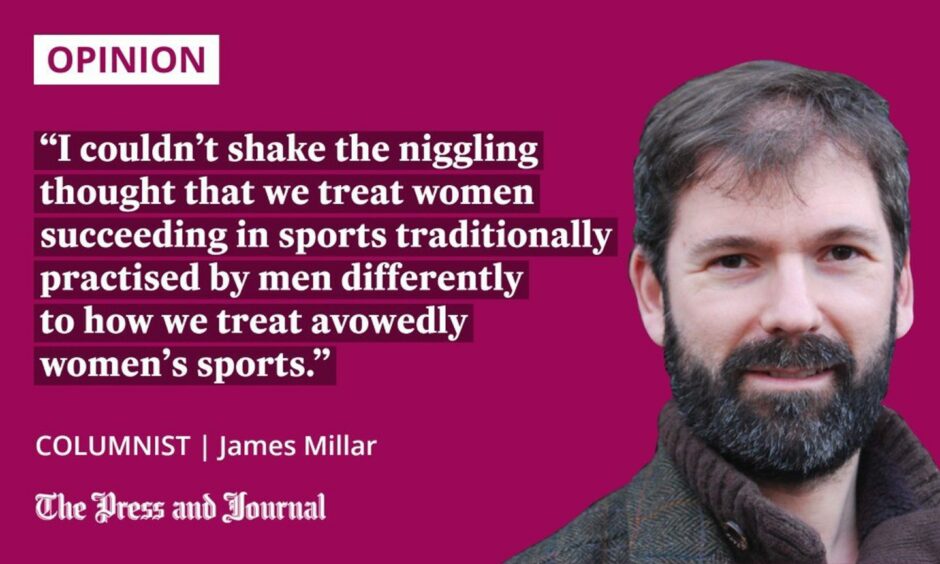
Born within reach of Crystal Palace, raised near Alloa, neither of my club sides have actually won anything of note in their entire histories. So, given how much they’ve had to celebrate over the last few decades, I felt nothing for the Germans sat glumly in the row in front of me as the rest of the stadium erupted in a chorus of Sweet Caroline.
Netball is seen as a ‘women’s sport’
However the juxtaposition of the two sports did focus the mind. Never having attended a netball game before I was struck by not just the number of spectators but how many were genuine fans, invested in the game as players and followers.
I ought not to have been surprised, upon reflection I realised I know many women of all ages who play netball.
So, so disappointed in @BBCSport & their coverage of the netball. The lack of any clarity, communication or apology speaks volumes. Some support of women’s sport and the 2018 netball legacy this is. Fans shouldn’t have to resort to VPNs & other apps to watch 💔😪 #B2022netball
— Izzy (@IzzyOrford) July 31, 2022
Given the popularity of the game, why so little coverage and awareness? Because netball is pigeon-holed firmly in the bracket marked ‘women’s sport’ and that label immediately devalues it in too many eyes.
Come Sunday night the football was on network TV and led the UK news bulletin at 10pm. The obvious difference is that football has traditionally been a male domain. At least since the men running the sport banned women from taking part in order to keep it for themselves.
Sport should be genderless
I couldn’t shake the niggling thought that we treat women succeeding in sports traditionally practised by men differently to how we treat avowedly women’s sports. That’s not to demean or degrade the success of England’s Lionesses.
But perhaps among all the words written and said about how their win will open opportunities for women and girls to participate in football we ought to recognise there are also sports already open to women that enjoy mass participation with all the mental and physical benefits that brings.
I was reminded of the old 1970s Sports Council slogan: Sport for All. The hierarchy of sports, and how it maps across the gender divide, does us all a disservice. When a British men’s netball team win’s gold, then we’ll have something to truly celebrate.
James Millar is a political commentator, author and a former Westminster correspondent for The Sunday Post.
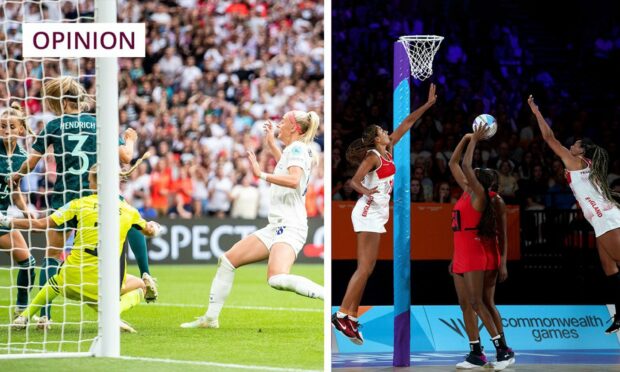
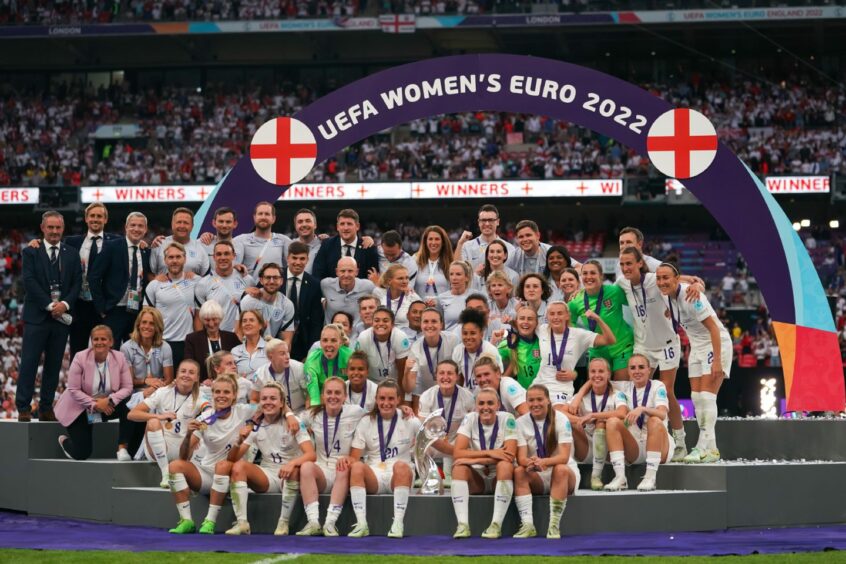
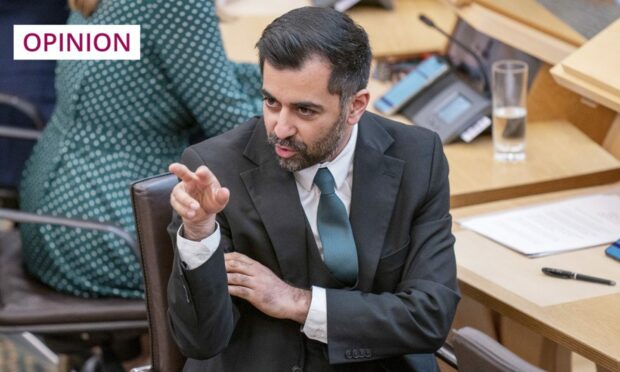



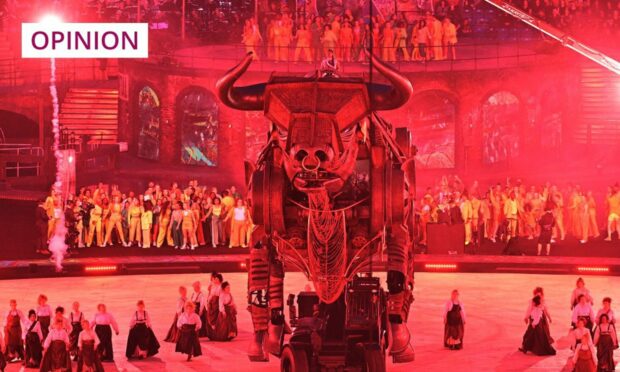
Conversation